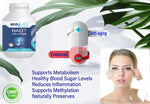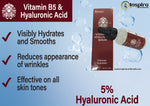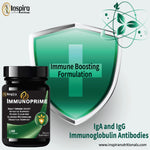
Acne
Acne occurs when the pores of the skin become blocked with oil, dead skin, or bacteria.
Cystic acne commonly increases in your thirties as this is when the skin is most susceptible to hormonal changes. The hormonal shifts affect the oil glands and sebaceous glands of the skin.
Acne signs vary depending on the severity of your condition:
- Whiteheads (closed plugged pores)
- Blackheads (open plugged pores)
- Small red, tender bumps (papules)
- Pimples (pustules), which are papules with pus at their tips
- Large, solid, painful lumps under the skin (nodules)
- Painful, pus-filled lumps under the skin (cystic lesions)







